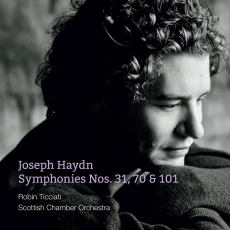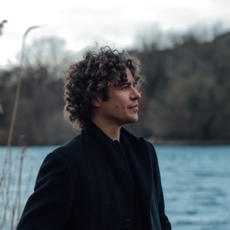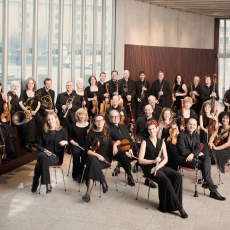Robin Ticciati & SCO - Haydn: Symphonies 31, 70 & 101 - Gramophone
Top marks to Robin Ticciati for venturing further afield than London for his first Haydn symphony recording. Top marks, too, for getting his modern-instrument orchestra to play with minimal vibrato and with natural brass instruments, and the timpanist with hard sticks. The selection from the 'London' set is the Clock, whose eponymous Andante is taken at crotchet=60 - reasonable enough, one might suppose, but the extra pace (Ticciati's erstwhile mentor Colin Davis takes over half a minute longer) gives this clock somewhat the air of being worn upon a white rabbit's wrist: 'I'm late! I'm late!' The central outburst sounds, if not scrambled, rather harried and hurried. Nevertheless, there are some pleasing pullings-back, in the first movement's exposition repeat, for instance - and just the once, so it seems organic rather than dogmatic a la Harnoncourt. Minuets too are taken fashionably too fast and all repeats are taken both times through. (At least Ticciati - unlike some who should know better, such as Abbado -gets the right wrong notes in the Trio.) The four horns bray and clatter with abandon in the opening of the Hornsignal Symphony - even if they rather swamp the small string section - and the various solos elsewhere in the work are shaped with the personality we've come to expect from these Edinburgh players. The first movement of Symphony No 70 is taken almost as recklessly fast as Thomas Fey's recording (quite right, too), if without the Heidelberger's brashness; the Sturm and Drang finale is mercifully free of Fey's fatal wilfulness of tempo. The small string section can turn ever so slightly to sourness when intonation isn't entirely unanimous. Nevertheless, to compare Haydn's D major moods at the early, middle and late stages of his career, this is a valuable collection, finely recorded (Philip Hobbs) and beautifully packaged, with no fewer than three hefty essays on the music.


